In our circle of talented friends back in the 1970s, whenever the moment called for a Charlie Poole song, we knew exactly on whom to call.
H. David Holbrook and his powerful, popular Kentucky Foothill Ramblers string band covered the best of the Charlie Poole North Carolina Ramblers songbook, introducing so many of us to that marvelous old-time music of the 1920s.
And despite KFR’s pronounced Poole supremacy in our extended musical family, the fledgling Flood occasionally could swipe a tune off that same table.
In fact, in the antediluvian era before The Flood was even a gleam in our eye, band progenitors David Peyton and Roger Samples — playing as a duet in the late-’60s — already had worked up a version of the 1928 Poole novelty number called “Took My Gal a-Walking.” Dave and Rog regularly played in coffeehouses at Marshall University and elsewhere around the region.
Flash Forward to 1975
The tune was still bobbing to the surface a few years later when The Flood began. That was in those halcyon days after Peyton teamed up with Charlie Bowen, after the two of them met Joe Dobbs and interested him in jamming with them, after Roger was drawn back into the mix following his brief sojourn in the eastern part of the state.
The summer of 1975, then, was fertile period for the guys. They gathered almost every week — usually an evening at Peyton Place, Dave and Susan’s beautiful Mount Union Road home just outside Huntington — to work out new tunes.
On those summer nights, everybody brought songs to suggest; many of them got their first public performances at the next Bowen Bash that autumn. In the short film at the top of this report, the pictures and audio are from the Sept. 5-6, 1975, do, the first bash attended by fiddlin’ Joe, incidentally.
About That Song
“Took My Gal a-Walkin’” came late in Charlie Poole’s remarkable career. When Poole and his North Carolina Ramblers — with Roy Harvey on guitar and Lonnie Austin on fiddle — entered the Columbia Records studios in New York on July 23, 1928, the band already was nationally known.
The group by then had had a half dozen recording sessions — two thirds of those that would produce its 60 sides over five years — and already had waxed their best seller. “Don’t Let Your Deal Go Down Blues,” recorded in 1925, sold more than 106,000 copies at a time when there were estimated to be only 6,000 phonographs in the entire southern U.S.
The Summer 1928 session was a marathon — in the single day, Poole, Harvey and Austin recorded a dozen sides — but it also was a lackluster one. None of the monsters hits of Poole’s earlier days emerged from this outing, no "Good-Bye Booze" or "Leaving Home,” no "White House Blues" or "Hungry Hash House.”
Instead, most of the tunes on the set list this time were old folk songs (such as “Hangman, Hangman”) and highly forgettable ballads (like "A Young Boy Left His Home One Day").
The exception was the happy novelty tune that Peyton and Samples later sampled. “Took My Gal a-Walkin’” has some of the better, most ironic lyrics in the Poole catalog:
I ain't got nobody, I′m just as blue as can be
I ain′t got nobody to make a big fuss over me
If I don't get somebody I′ll go back to the farm
Milk the cows and chickens, I don't give a golly gosh darn
Poole's biographer and great-nephew Kinney Rorrer, who wrote Rambling Blues: The Life and Songs of Charlie Poole in 1982, has found no source for this tune, leading many to speculate that Poole might have created the piece himself.
Footnote
As noted, Peyton, Samples, Dobbs and Bowen rolled out their rendition of the tune at the September 1975 edition of the Bowen Bashes. That magical weekend is commemorated in a full-length hour-long episode of the Flood’s “Legacy Films” series, viewable for free on YouTube:

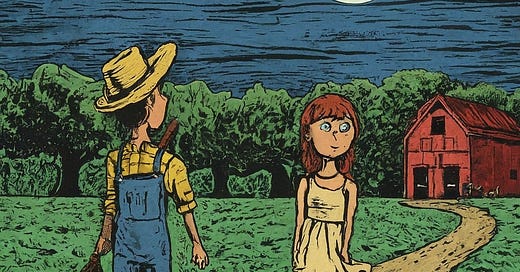





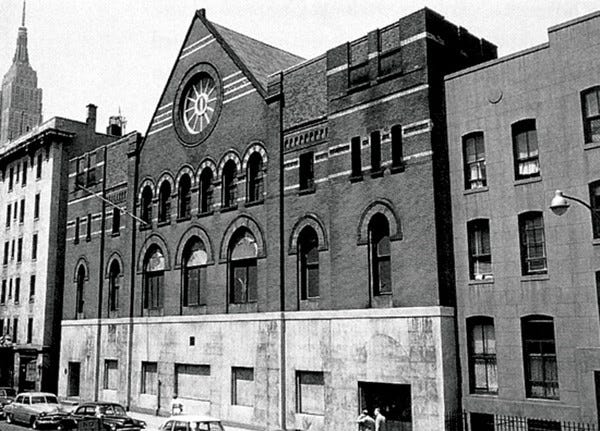
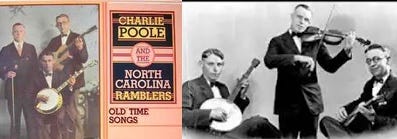
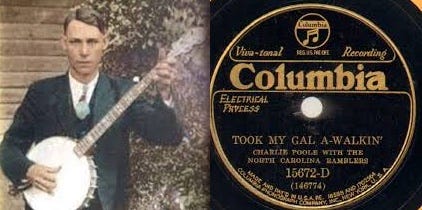








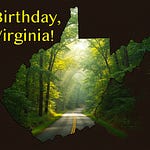

Share this post